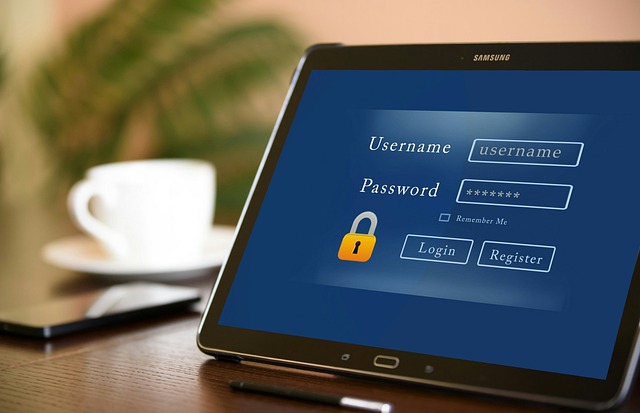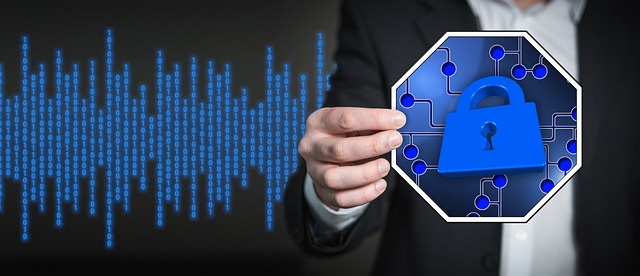
VIRUSES
Viruses are programs that steal sensitive information and destroy data and systems. The internet is swarming with viruses, and they continue to adapt like real viruses. SEO experts and website owners need to protect themselves with safe practices and virus protection software. There are many different types of viruses; the most common include:
1. Malware
2. Spyware
3. Phishing


MALWARE
Malware is a virus program designed to steal, control, and destroy your website information.


ONLINE THEFT

Malware programs can steal sensitive information from your website, such as your clients’ credit card details. Malware programs can also capture passwords from your online banking and cryptocurrency accounts.

WEBSITE CONTROL

Malware programs can take control of your website and intercept leads from your paid advertising campaigns. Malware programs can change your content, delete pages, and even redirect users to a different website.

SPAM SEND

Malware programs can send spam messages on the internet. It will lead to SPAM violations. SPAM violations will get your website blacklisted, making your website an untrustworthy resource

DESTROY YOUR SITE

Malware programs access your website and destroy valuable files, bringing the entire website down. When your website is offline, you could miss out on valuable opportunities.

SPY ON YOUR SITE

Malware programs can spy on your website and collect databases of customer information. Hackers can pretend to be the hacked company and ask customers to pay invoices into a different banking account.

SPYWARE
Spyware is a program used to track your online activity. Spyware can infiltrate your website and your laptop. Spyware tracks the following activity:


KEYBOARD TYPING

Spyware tracks everything you type on your keyboard, such as website links, passwords, emails, and other personal information.

WEBCAM RECORDING

Spyware can take screenshots of your laptop and record on your webcam. It allows hackers to blackmail their subjects by uncovering sensitive information.

MONITOR YOUR ACTIVITY

Spyware can track all the websites you visit online. It tracks all your searches and monitors everything you do.

SLOWS DOWN YOUR SYSTEMS

Spyware can slow down your website and computer. It can also open the doorway for more viruses to enter and create issues.

CAPTURE LOGINS

Spyware captures login information to access business accounts and steal and redirect payments.

PHISHING
Phishing programs deceive users by pretending to be a legitimate company. They duplicate websites and steal personal information as well as redirect payments. They can even duplicate your banking website and convince you to enter credit card details.


STEAL IDENTITIES

Phishing programs can steal your identity and use your information to open up banking accounts where they will commit fraud under your name.

ADD PAGES TO YOUR SITE

Phishing programs can add web pages to your website without your knowledge. They can replace your Product Pages and redirect Payments.

RUIN CUSTOMER RELATIONSHIPS

Clients will be upset knowing they have paid for a product or service, believing it was a legitimate business. It may ruin the business relationship.

WEBSITES WITH VIRUSES GET PENALIZED
Google has made it clear that any websites with viruses will be automatically removed and placed on a blacklist. Unless the web owner removes the virus threat, the website will no longer appear on Google. Websites with the perfect SEO score, ranking in top positions, will be kicked off Google if the website contains viruses.


HOW TO PROTECT YOUR SITE


KEEP SURE EVERYTHING IS UPDATED
Web updates protect your website from vulnerabilities. Keep your themes and plugins updated, or hackers may find a path into your website. WordPress has allowed for automatic updates. Enable these automatic updates to protect your website.

USE STRONG PASSWORDS
Passwords should not include recognizable words, but a mix of uppercase and lowercase letters, numbers, and punctuation marks. Create a password that is long and complex.

USE 2FA
Two-factor authentication protects you from hackers logging into your account. It sends code to your phone or your authentication app to allow access when someone tries to log in to your website.

SSL CERTIFICATES
Install SSL Certificates on your website. It will protect any communication (by the user and website) from being intercepted. Online stores require SSL certificates to prevent credit card details from being intercepted.

LIMIT ADMIN ACCESS
Limit the number of users you grant admin access. The fewer people who have access to your website, the safer it will be. Hackers will try to hack your email address first to gain access to your website.

INSTALL VIRUS PROTECTION SOFTWARE
For WordPress websites, we recommend using the free Wordfence plugin. Wordfence is simple to use. For maximum protection, use their paid option.
For non-WordPress websites, we recommend using the Sucuri Website Protection. It works well on any custom HTML websites.

PROTECT YOUR COMPUTER FROM VIRUSES


UPDATE SOFTWARE REGULARLY

Windows and Mac operating systems require ongoing updates. Update and restart your computer whenever an update is necessary.

UPDATE YOUR BROWSERS

Whether you use Google Chrome, Internet Explorer, or Firefox web browser, install the necessary updates when recommended.

UPDATE YOUR PROGRAMS

Programs you use regularly also require updates, such as Microsoft Office, Java, and Adobe Reader, as hackers can find vulnerabilities within these programs to access your info.

AVOID CLICKING ON SUSPICIOUS LINKS
The most common mistake people make is clicking on untrusted website links. It occurs when people click on a link in an email. The email appears to be from a trusted brand, but always be sure to check the email address of the recipient.

BACKUP YOUR DATA
Viruses have the potential to destroy essential files residing on your computer. Back up all documents to your iCloud, or you may be blackmailed to restore your information.

INSTALL ANTI-VIRUS SOFTWARE
Anti-virus programs perform multiple tasks to ensure your computer’s protection. Antivirus offers real-time protection by monitoring your computer for suspicious activity. They scan your computer for malware and look for threats to remove immediately. Anti-virus programs protect your online browsing and offer email protection.

E-SET

We recommend using ESET virus protection for your computer. ESET has received major awards for its virus protection capabilities. ESET charges R419 for one device and R519 for 2 devices for one year of service. ESET also doesn’t slow down your computer as it uses light resources to protect your PC.

USE VPN SERVICES

VPN, Virtual Private Network, protects your computer’s IP address. It allows you to connect to servers and browse the internet freely without being traced by hackers.

CONCLUSION
Building a website and investing in SEO and Google Ad campaigns is a waste of money if website owners fail to protect their sites. Business owners in South Africa are naive to these threats, and many believe they will go unnoticed and unaffected. With viruses, it’s only a matter of time before they find your site and exploit it. The damage caused by viruses greatly exceeds the monthly or yearly costs of protecting your website and computer.
Discover 10 hidden Google Ads settings that drain your budget. Learn how to fix wasted spend, improve conversions, and boost campaign performance.
Struggling with low clicks on Google Ads? Discover the main reasons your campaigns aren’t performing and learn how to fix low CTR and boost results.
Learn how social media boosts SEO through visibility, engagement, and traffic, helping your website rank better on Google.
Discover 10 hidden Google Ads settings that drain your budget. Learn how to fix wasted spend, improve conversions, and boost campaign performance.
Struggling with low clicks on Google Ads? Discover the main reasons your campaigns aren’t performing and learn how to fix low CTR and boost results.


